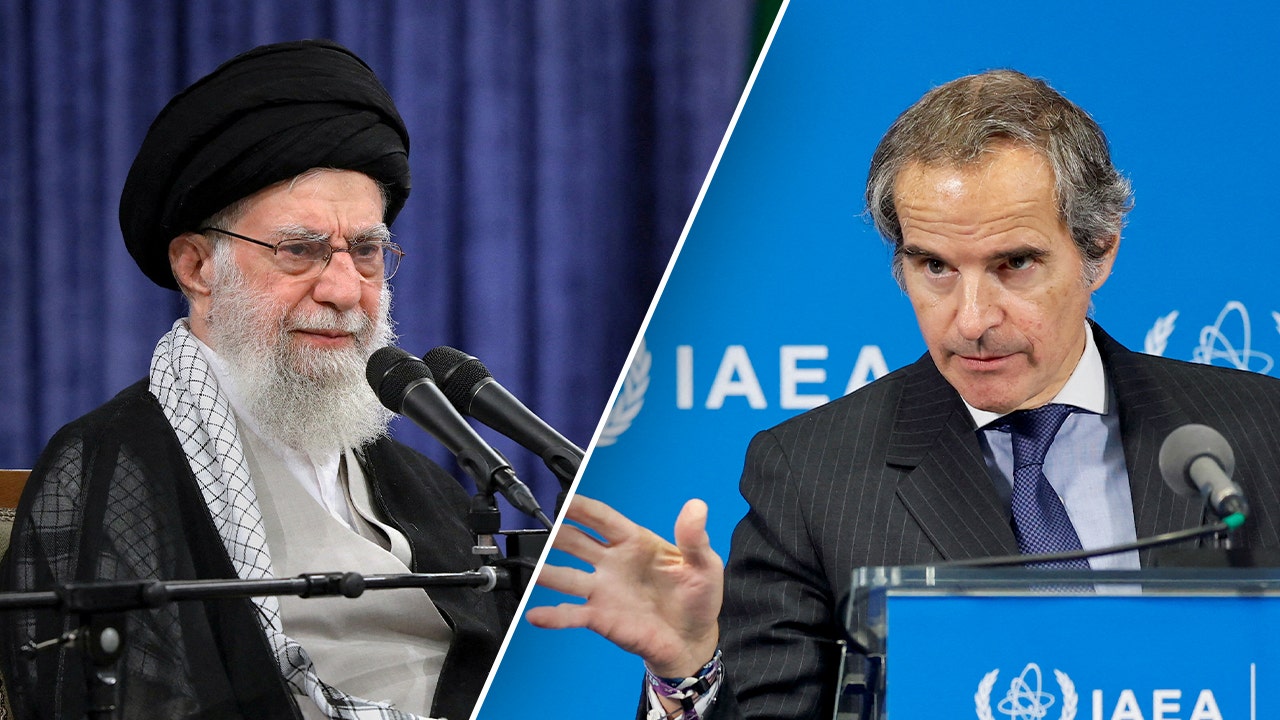Iran Halts Cooperation with IAEA Amidst New Inspection Regulations
Iran's President Masoud Pezeshkian has announced the end of cooperation with the IAEA, requiring Supreme National Security Council approval for future inspections.
Overview
- Iran's President Masoud Pezeshkian has officially ended cooperation with the IAEA, signaling a shift in nuclear policy.
- The decision follows Iran's law that mandates Supreme National Security Council approval for IAEA inspections.
- This move raises concerns about transparency in Iran's nuclear activities.
- The announcement comes amid ongoing tensions between Iran and Western nations regarding its nuclear program.
- The implications of this decision could affect international relations and nuclear non-proliferation efforts.
Content generated by AI—learn more or report issue.

Get both sides in 5 minutes with our daily newsletter.
Analysis
Analysis unavailable for this viewpoint.
Articles (3)
Center (0)
No articles found in the Center category
FAQ
Iran halted cooperation with the IAEA following the enactment of a law requiring the Supreme National Security Council's approval for all future inspections, signaling a shift toward tighter national control over nuclear oversight amid ongoing tensions with Western nations.
Iran's relationship with the IAEA has been complex and often contentious, starting with cooperation in 1958, signing the NPT in 1968, cessation of cooperation after the 1979 revolution, followed by periods of international scrutiny, sanctions, negotiations, and attempts at compliance including the Joint Comprehensive Plan of Action (JCPOA) in 2015.
This move could undermine transparency regarding Iran's nuclear activities, escalate geopolitical tensions, complicate nuclear non-proliferation efforts, and strain Iran's relations with Western countries and the international community.
The Supreme National Security Council now holds the authority to approve or deny any future IAEA inspections in Iran, effectively giving it control over the level of international nuclear oversight allowed within the country.
History
- This story does not have any previous versions.


